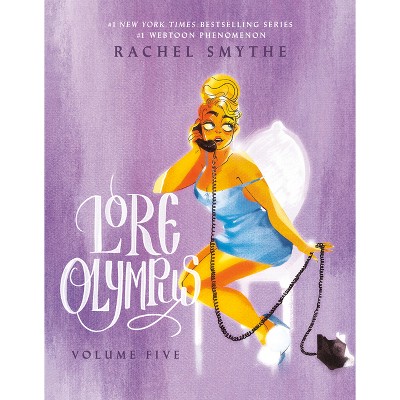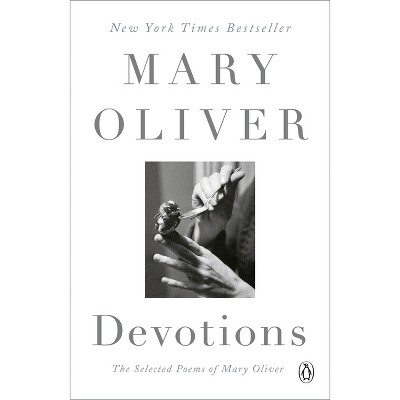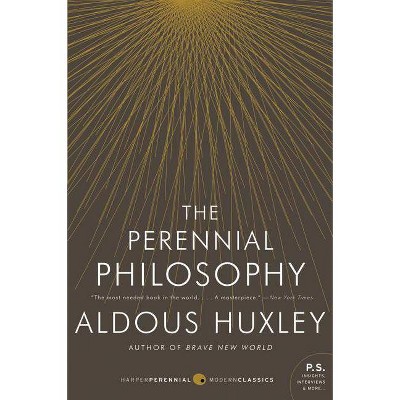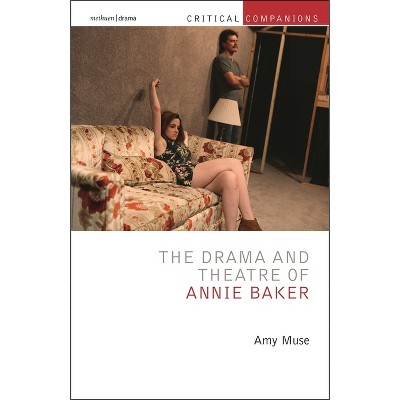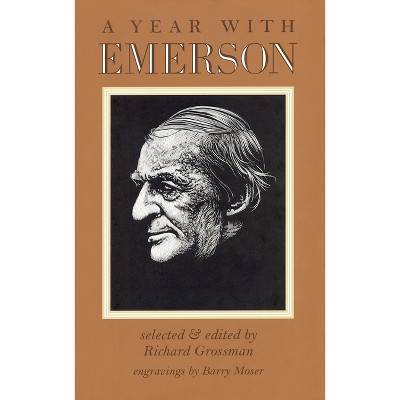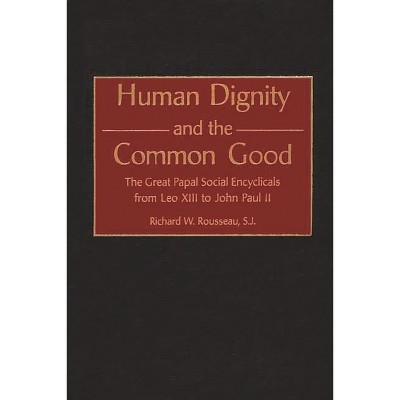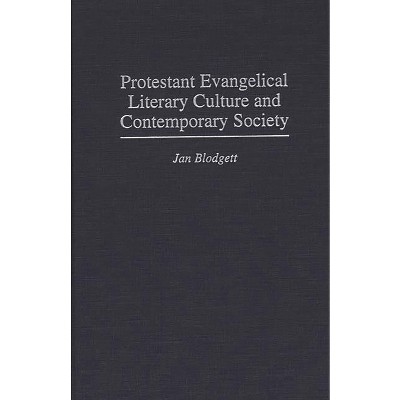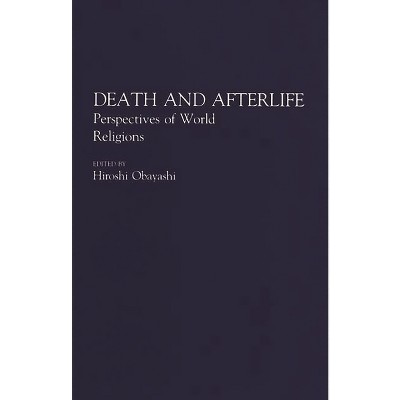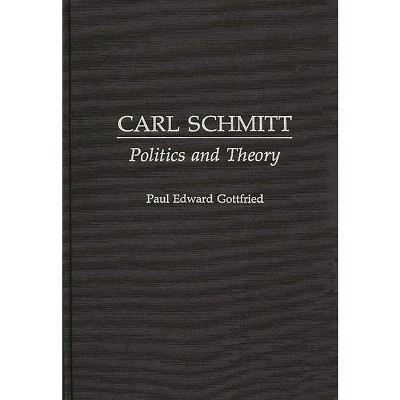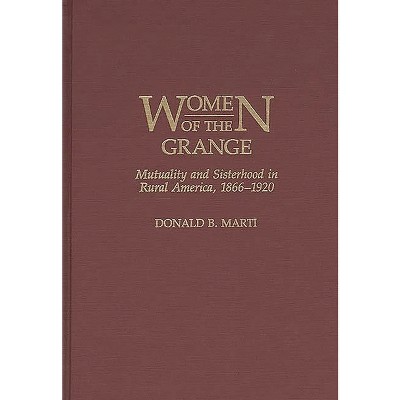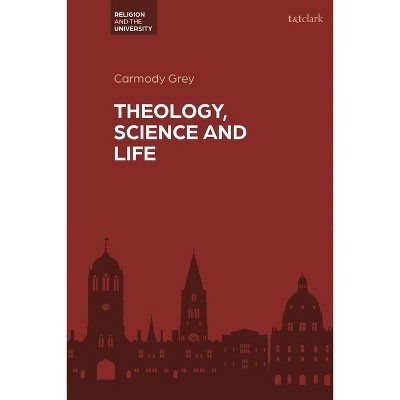Sponsored

To Promote, Defend, and Redeem - (Contributions to the Study of Religion) by Arnold Sparr (Hardcover)
In Stock
Sponsored
About this item
Highlights
- The Catholic literary revival in America refers both to the impact of the modern resurgence in European Catholic thought and letters upon the American Church between 1920 and 1960, and to efforts by American Catholic educational and literary leaders to induce a similar flowering of Catholic life and culture in their own country.
- About the Author: ARNOLD SPARR is Assistant Professor of History at St. Francis College
- 240 Pages
- Literary Criticism, American
- Series Name: Contributions to the Study of Religion
Description
About the Book
The Catholic literary revival in America refers both to the impact of the modern resurgence in European Catholic thought and letters upon the American Church between 1920 and 1960, and to efforts by American Catholic educational and literary leaders to induce a similar flowering of Catholic life and culture in their own country. Arnold Sparr examines those areas of Catholic thought and culture that most concerned educated American Catholics, critics, and cultural leaders between 1920 and 1960: the renaissance in Catholic literary, theological, philosophical, and social thought; its application to modern economic, social, and intellectual problems; and the growth and development of the twentieth century Catholic novel. He contends that the movement had both intellectual and organizational aspects. It represented not only an awakening of American Catholics to their modern intellectual and cultural heritage, but a movement by a self-conscious American Catholic cultural community to realize its own share of modern Catholic thinkers, writers, and poets.
Sparr maintains that American Catholic intellectual and cultural life between 1920 and 1960 was driven by three forces: to promote the intellectual standing of American Catholicism, to defend the Catholic faith and its adherents from detractors, and to redeem what was seen as a drifting and fragmented secular culture. He divides the book into three sections, each corresponding to separate phases of the American Catholic literary revival. Organization and Development, 1920-1935 treats the socio-cultural antecedents of the revival and the self-conscious attempts of the revival's early Jesuit leaders to build a Catholic intellectual presence in America. Part two, Transformation, 1935-1955, addresses the shift in Catholic revivalist thought from the confrontational literary-philosophical postures of the 1920s and early 1930s to more positive understandings of Catholic faith and practice. Finally, Dissolution, the 1950s and After chronicles the eclipse of the revival, resulting from a reactivation of the Catholic intellectualism issues, increasing concerns about professionalism within Catholic academia, and liberal Catholic association of the revival with so-called ghetto culture. Parts one and two conclude with chapters on the American Catholic novel; the search for the Great American Catholic novel, an important element of the revival, provides an organization framework through which to summarize and assess major trends in the larger cultural movement. This new work will interest scholars and students of American Catholicism, the Catholic church in the 20th century, and cultural and religious historians.
Book Synopsis
The Catholic literary revival in America refers both to the impact of the modern resurgence in European Catholic thought and letters upon the American Church between 1920 and 1960, and to efforts by American Catholic educational and literary leaders to induce a similar flowering of Catholic life and culture in their own country. Arnold Sparr examines those areas of Catholic thought and culture that most concerned educated American Catholics, critics, and cultural leaders between 1920 and 1960: the renaissance in Catholic literary, theological, philosophical, and social thought; its application to modern economic, social, and intellectual problems; and the growth and development of the twentieth century Catholic novel. He contends that the movement had both intellectual and organizational aspects. It represented not only an awakening of American Catholics to their modern intellectual and cultural heritage, but a movement by a self-conscious American Catholic cultural community to realize its own share of modern Catholic thinkers, writers, and poets.
Sparr maintains that American Catholic intellectual and cultural life between 1920 and 1960 was driven by three forces: to promote the intellectual standing of American Catholicism, to defend the Catholic faith and its adherents from detractors, and to redeem what was seen as a drifting and fragmented secular culture. He divides the book into three sections, each corresponding to separate phases of the American Catholic literary revival. Organization and Development, 1920-1935 treats the socio-cultural antecedents of the revival and the self-conscious attempts of the revival's early Jesuit leaders to build a Catholic intellectual presence in America. Part two, Transformation, 1935-1955, addresses the shift in Catholic revivalist thought from the confrontational literary-philosophical postures of the 1920s and early 1930s to more positive understandings of Catholic faith and practice. Finally, Dissolution, the 1950s and After chronicles the eclipse of the revival, resulting from a reactivation of the Catholic intellectualism issues, increasing concerns about professionalism within Catholic academia, and liberal Catholic association of the revival with so-called ghetto culture. Parts one and two conclude with chapters on the American Catholic novel; the search for the Great American Catholic novel, an important element of the revival, provides an organization framework through which to summarize and assess major trends in the larger cultural movement. This new work will interest scholars and students of American Catholicism, the Catholic church in the 20th century, and cultural and religious historians.Review Quotes
?. . . essential to an understanding of preconciliar Catholicism in twentieth-century America. Aside from the author's careful examination of printed and archival sources, he has enriched his sprightly narrative by interviews with the few living survivors of the Catholic literary revival.?-Church History
?Although certain modern celebrity-converts--e.g., Dorothy Day and Thomas Merton--have captured the attention of scholars for decades, specialized historical treatments of 20th-century American Catholicism remain few and far between, and interdisciplinary studies are rarer still. Given this situation, Sparr has written a very significant work. It lives up to the promise in his ambitious subtitle and provides a lucid, provocative, substantial analysis of American Catholic literary and cultural aspirations c. 1920 to 1960. Like William Halsey's The Survival of American Innocence, with which Sparr takes issue on occasion, this book is required reading for anyone who wishes to understand the roots of the ongoing debates concerning the American Catholic identity and the relationship between Catholicism and intellectual life in America. Levels: graduate and upper-division undergraduate.?-Choice
." . . essential to an understanding of preconciliar Catholicism in twentieth-century America. Aside from the author's careful examination of printed and archival sources, he has enriched his sprightly narrative by interviews with the few living survivors of the Catholic literary revival."-Church History
"Although certain modern celebrity-converts--e.g., Dorothy Day and Thomas Merton--have captured the attention of scholars for decades, specialized historical treatments of 20th-century American Catholicism remain few and far between, and interdisciplinary studies are rarer still. Given this situation, Sparr has written a very significant work. It lives up to the promise in his ambitious subtitle and provides a lucid, provocative, substantial analysis of American Catholic literary and cultural aspirations c. 1920 to 1960. Like William Halsey's The Survival of American Innocence, with which Sparr takes issue on occasion, this book is required reading for anyone who wishes to understand the roots of the ongoing debates concerning the American Catholic identity and the relationship between Catholicism and intellectual life in America. Levels: graduate and upper-division undergraduate."-Choice
About the Author
ARNOLD SPARR is Assistant Professor of History at St. Francis CollegeShipping details
Return details
Frequently bought together
